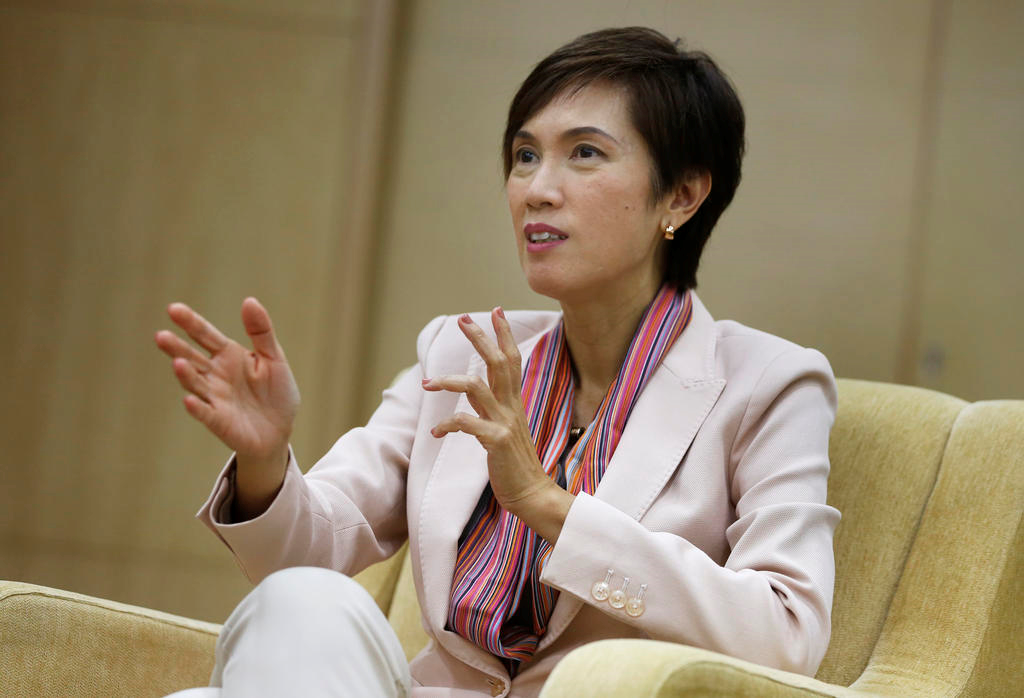Singapore’s Minister for Communications and Information, Josephine Teo, has emphasized the importance of establishing an international framework for artificial intelligence (AI). Her comments come amidst growing concerns about the potential risks and ethical implications of AI development.
Minister Teo stated that the absence of a globally agreed-upon framework for AI could lead to a “messy” future. She elaborated that such a framework would be essential for ensuring responsible development and deployment of AI technologies.
The Minister’s remarks highlight the increasing focus on international collaboration in addressing the challenges posed by AI. With AI rapidly transforming various sectors, there is a growing recognition of the need for coordinated efforts to mitigate potential risks and maximize the benefits of this technology.
An international framework for AI could address a range of issues, including:
- Standardization: The framework could establish common standards for data collection, use, and security, promoting interoperability and reducing the fragmentation of the AI landscape.
- Safety and Ethics: A global framework could help to define ethical principles for AI development and deployment, focusing on areas such as bias, transparency, and accountability.
- Regulation: International cooperation could facilitate the development of harmonized regulatory approaches to AI, ensuring a level playing field for businesses and fostering innovation.
The creation of an international AI framework is a complex undertaking that will require collaboration between governments, industry leaders, and civil society organizations. However, as Minister Teo’s comments suggest, there is a growing consensus that such a framework is essential for navigating the future of AI responsibly. Reuters Story

